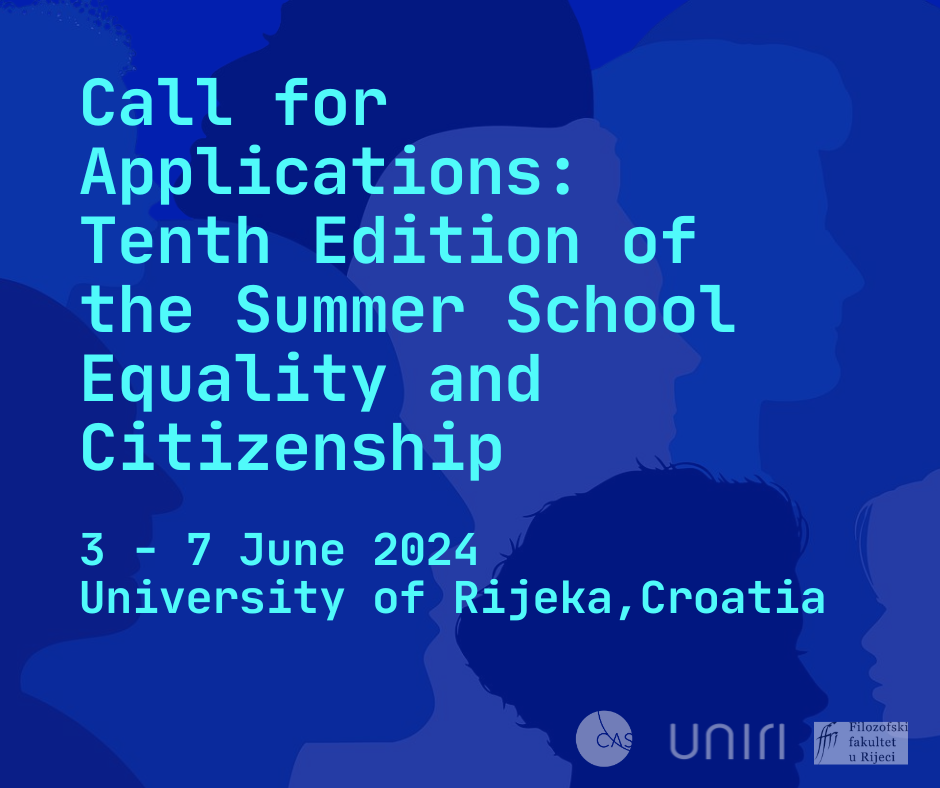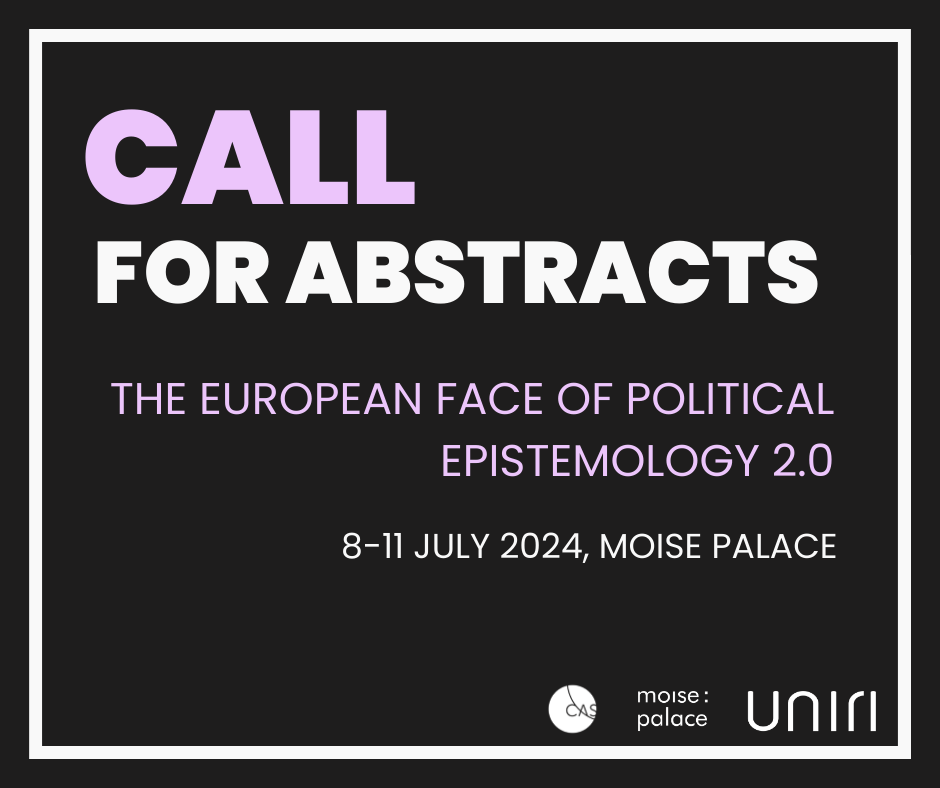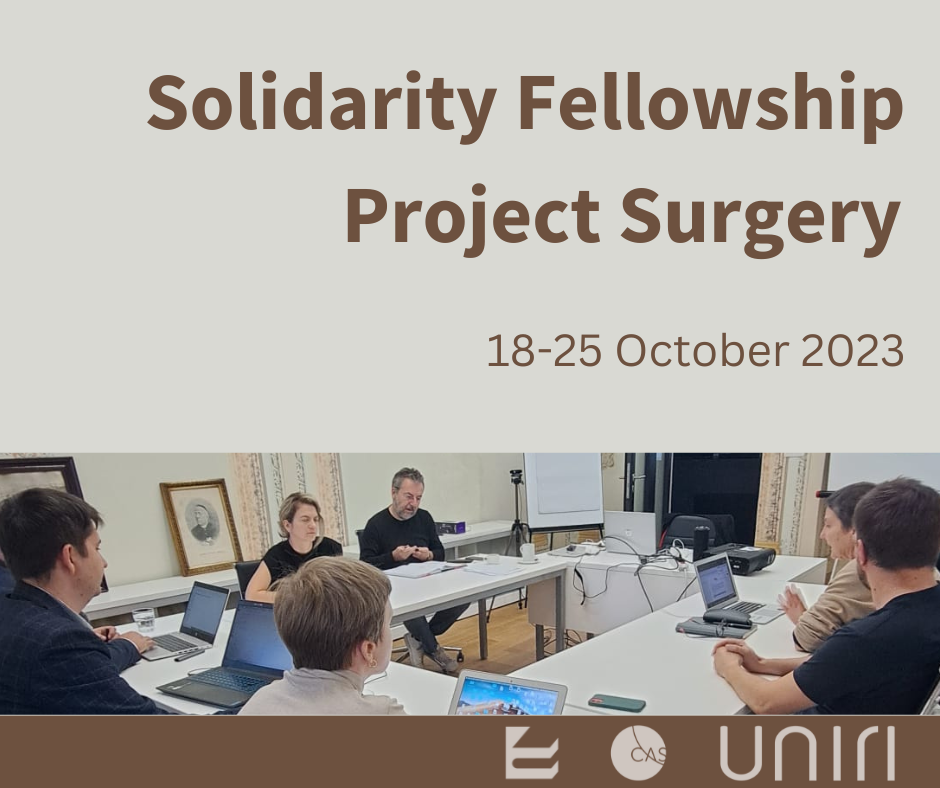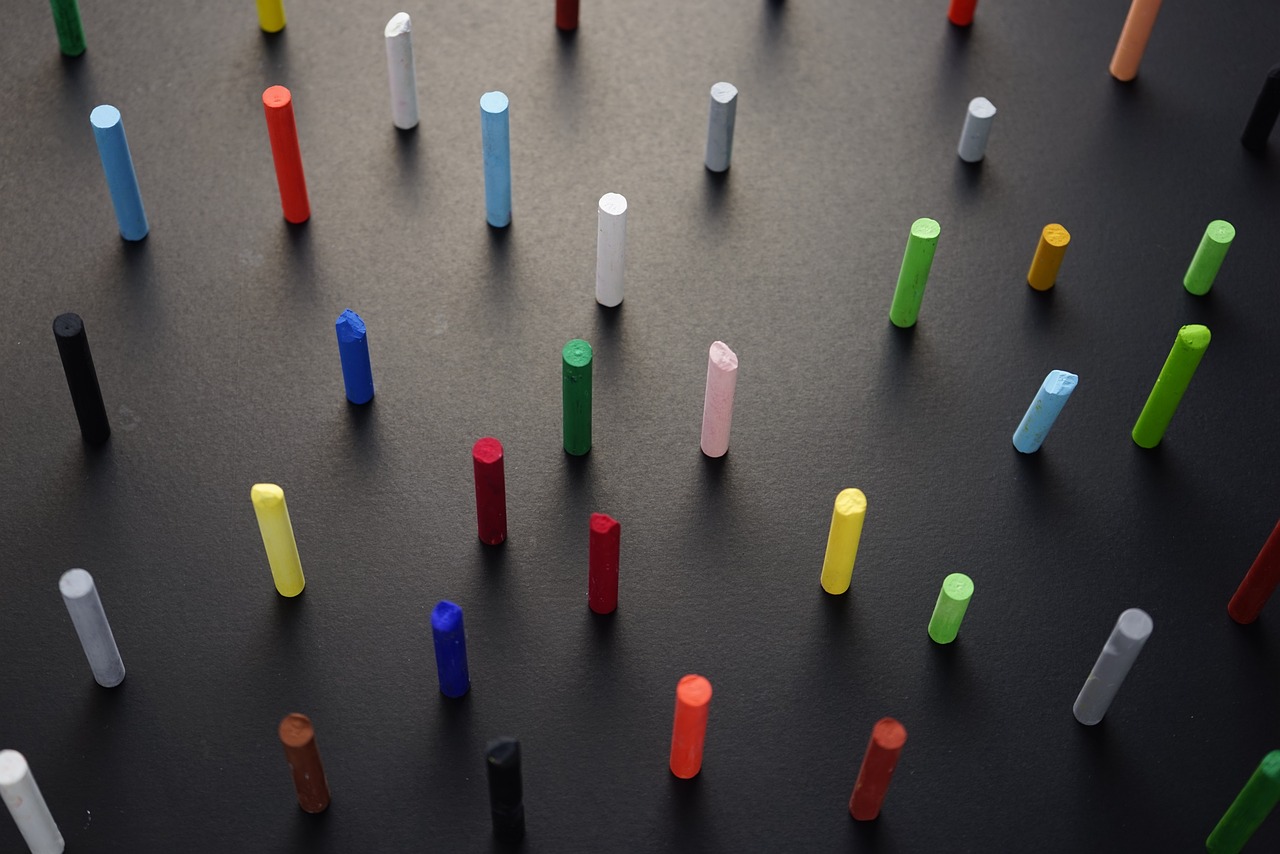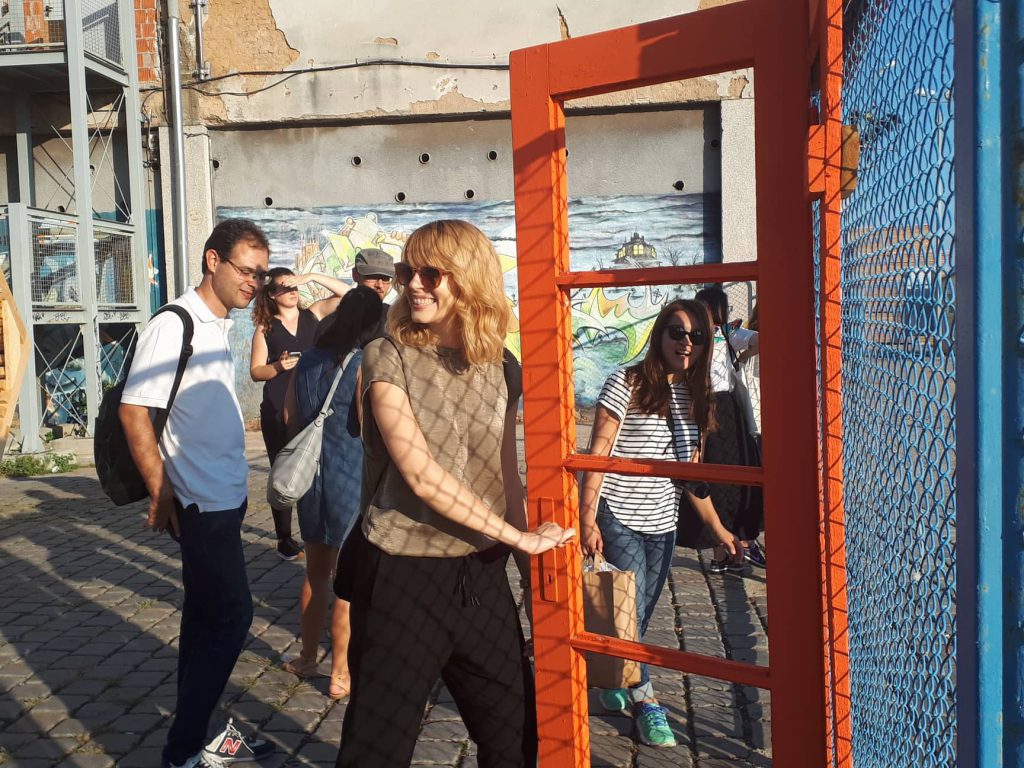
Summer School of Innovative Interpretation of Industrial Heritage, organized by the Center for Industrial Heritage and Center for Advanced Studies – Southeast Europe of the University of Rijeka in cooperation with Culture Hub Croatia and European Heritage Volunteers, started on Monday, 17th of September with the volunteers’ visit to the City of Rijeka, where they were welcomed by Deputy Mayor Marko Filipović, Ivan Šarar, Head of the Department of Culture at the City of Rijeka and Ms. Helga Večerinović, expert associate for product development at the City of Rijeka Tourist Board.
During the two weeks long Summer School, the students from Croatia, China, Russia, Chile, Hungary, Germany, Italy and Taiwan investigated and researched the possibilities of the innovative interpretation of the school ship „Galeb“ and the Sugar Refinery, two representative objects of Rijeka’s industrial heritage, which are currently in the process of renovation. The mentioned reception at the City of Rijeka was also an opportunity for a short presentation of the project “Touristic Valorisation of Representative Monuments of Rijeka’s Industrial Heritage”, funded by the European Regional Development Fund – Operational Program “Competitiveness and Cohesion”. The Croatia’s Ministry of Regional Development and the EU funds provided substantial amount of 68.891.606,18 kuna for the project’s development, with the total worth of the project of 81.339.442,05 kuna.
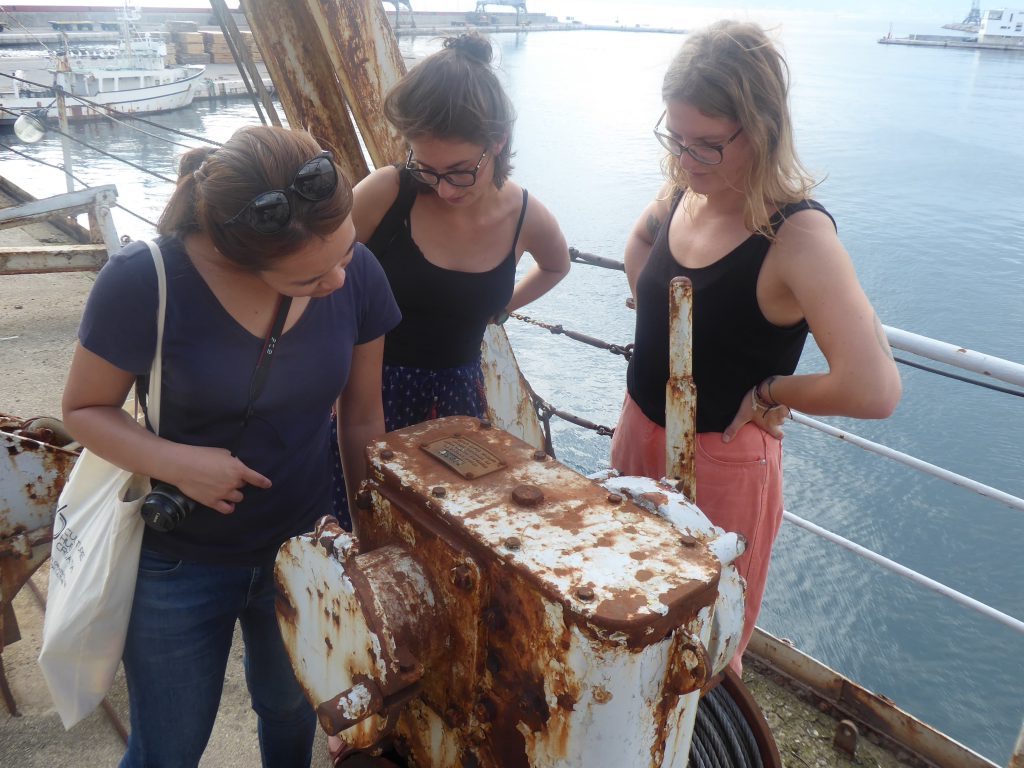
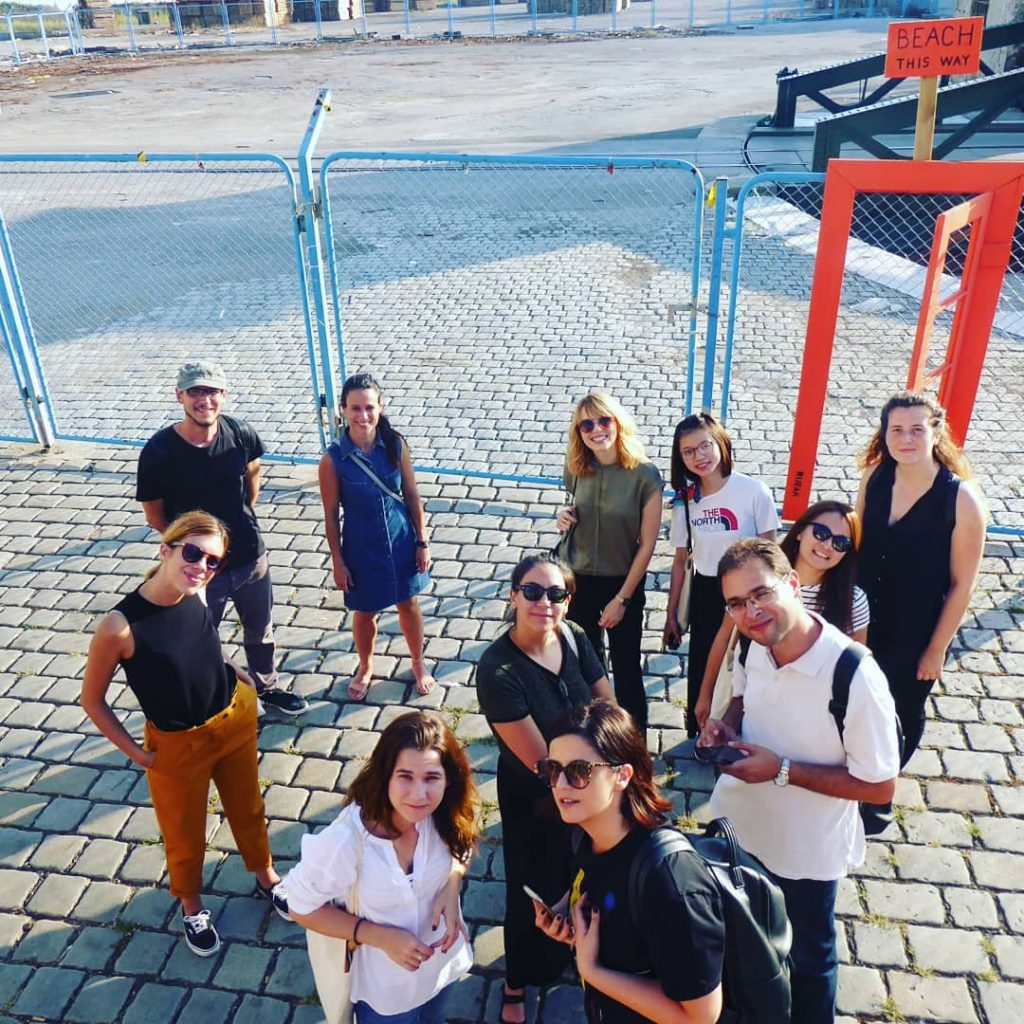
On Tuesday, 18th of September, Summer School program continued in Delta Lab, with a Conference on the Interpretation of Industrial Heritage, with experts from the field of cultural and industrial heritage valorisation and interpretation, including doc. dr. sc. Darko Babić (University of Zagreb, Faculty of Humanities and Social Sciences, Department of Information and Communication Sciences) co-founder of the “Interpret Croatia” Association, who provided a remarkable and detailed overview of the interpretation theory, focusing on the need of creating an emotional link between the audiences and the (information regarding) the heritage, and focusing on interpretation as a creative informal education and, moreover, the importance of understanding that heritage comes into being by being interpreted. He concluded that the ideal situation is that in which the local communities recognize their heritage and know what they want to gain from it and then seek the experts to tell its story.
The program continued with lectures and workshop with the „Muses“: Dragana Lucija Ratković Aydemir and Ivana Jagic Boljat who emphasized the importance of good communication and openness in working with the clients and the users of the interpretation, and the pronounced relevance of understanding the needs of the local communities from the very start of interpretation process. The afternoon session continued with lectures and presentations of best practice examples with Jelena Mateševac (Primorje-Gorski Kotar County) presenting the project Cultural-tourist Route “the Routes of the Frankopans”, followed by mr. sc. Vlatko Čakširan (City Museum Sisak) presenting the „Info center of Industrial Heritage – Holland House“. Best practice example with regards to EU projects aimed at promoting co-operation between central European cities, and providing other cities, though their associations, with recommendations on how to improve hidden cultural heritage potentials were presented by Sonja Lukin and Tanja Pavlovic – Flegar (City of Rijeka), with the „Forget Heritage“ project, followed by Luka Rodela (Molekula Association) presenting the re-use center pilot within the same project, providing us with a short „beginners guide“ to heritage management in the context of forlorn industrial factories of Rijeka.
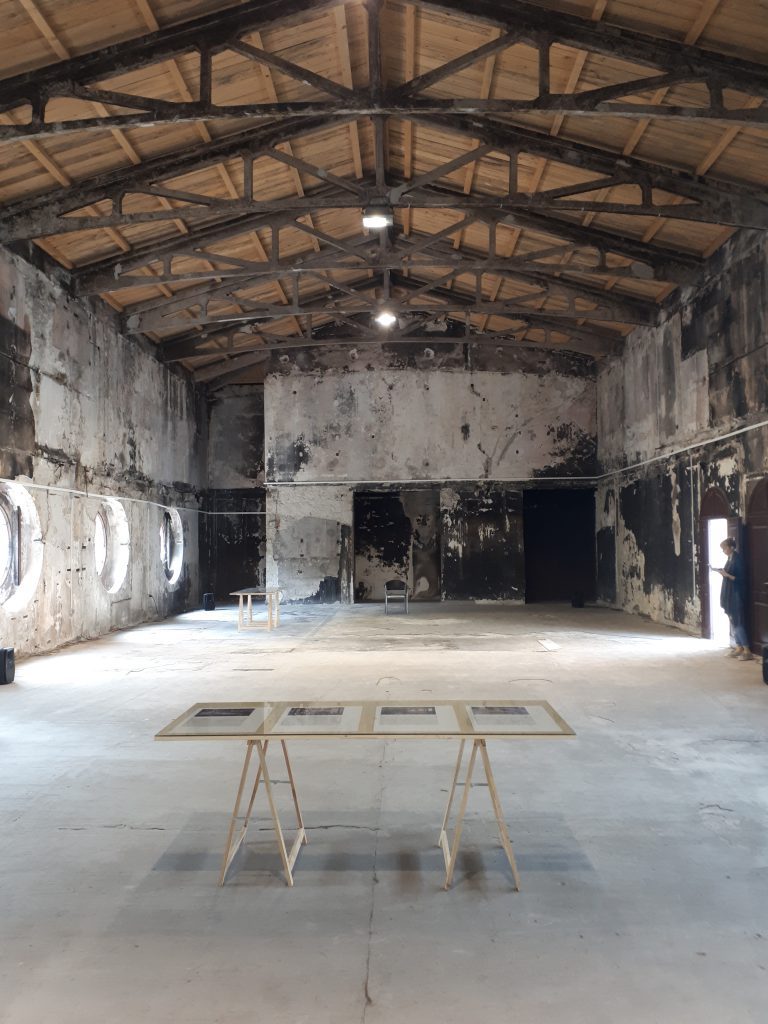
On Wednesday, September 19th, the most important current Rijeka project, Rijeka 2020 – European Capital of Culture was presented by Dorian Celcer, Partnership and Protocol Coordinator at the Rijeka2020 d.o.o. He provided a showcase of the initial idea, application process, current developments and the seven flagships overview with the goals and legacy of the project, expected after 2020.
On Wednesday, the morning session began with a guided visit to the Sugar Refinery administrative building and then we continued the day with the analysis for the Sugar Refinery interpretation proposals at the Museum of Modern and Contemporary Art in Rijeka during another public event, the Open Doors Day, which gave the opportunity to welcome guests at the working site of the Museum. The volunteers also visited the opening of the newly built RiHub, a co-working space aimed at hosting the creative industry, Rijeka 2020 d.o.o. offices and freelancers as well as providing a space for versatile educational and creative events.
UNIRI The Moise Palace: Cres Island
An education center of the University of Rijeka. A five-hundred-year-old patrician townhouse and the largest Renaissance palace on the Croatian islands. A venue and forum for various scientific and research activities, it welcomes visiting academics, students and scholars.

